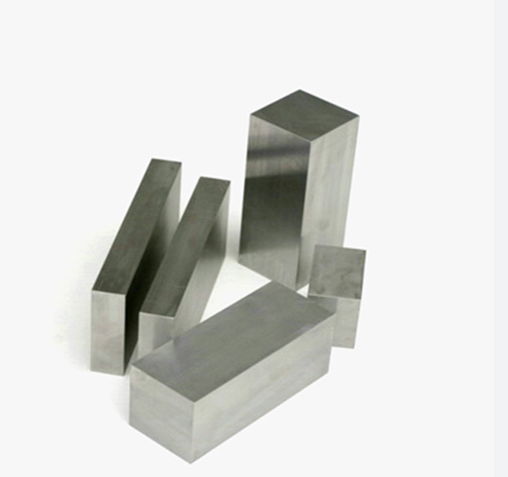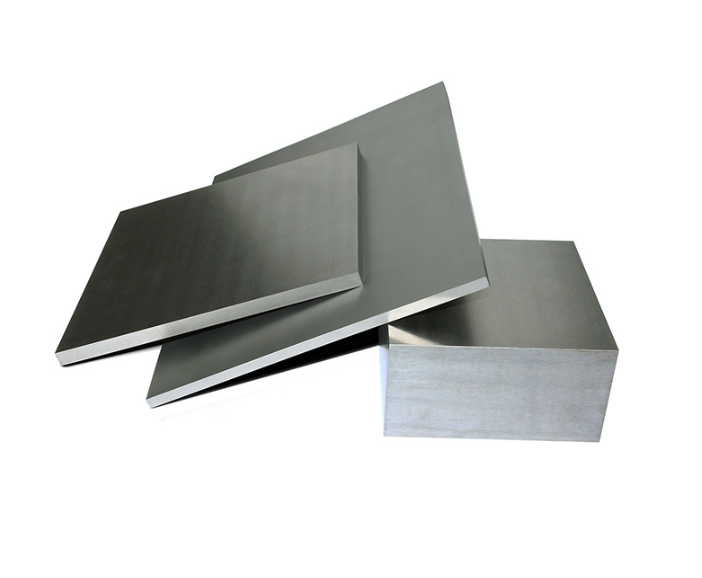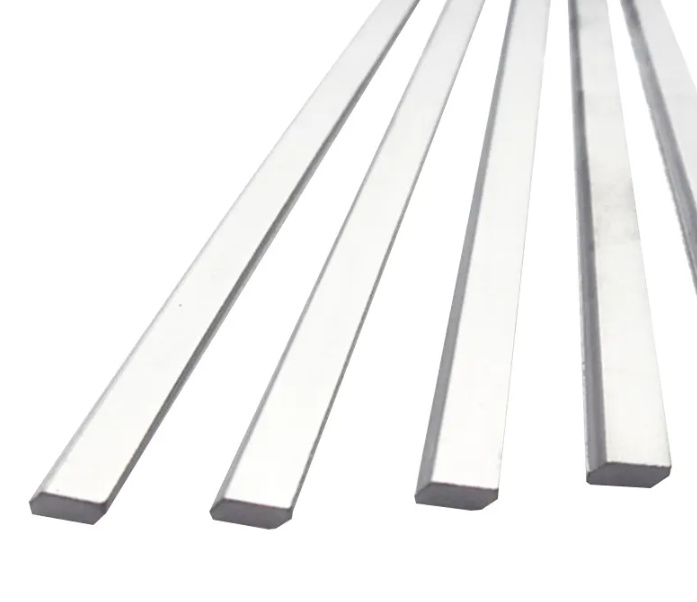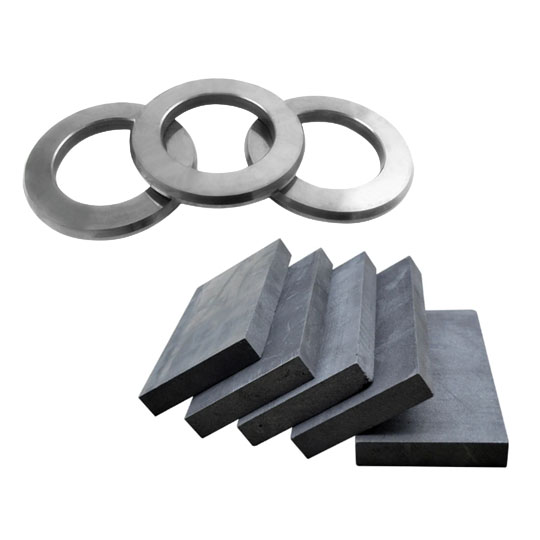Carbide saw tips: those tiny, unassuming components that pack a serious punch when it comes to cutting power and longevity. But have you ever stopped to think about just how versatile these little wonders truly are? Get ready to have your mind blown as we explore 10 amazing applications of carbide saw tips that extend far beyond your typical woodworking project.
From Wood to Metal and Beyond: The Versatility of Carbide
While often associated with woodworking, carbide saw tips have proven their mettle across a diverse range of industries and applications. Their exceptional hardness, wear resistance, and ability to maintain a sharp cutting edge make them ideal for tackling everything from delicate trim work to heavy-duty construction projects.
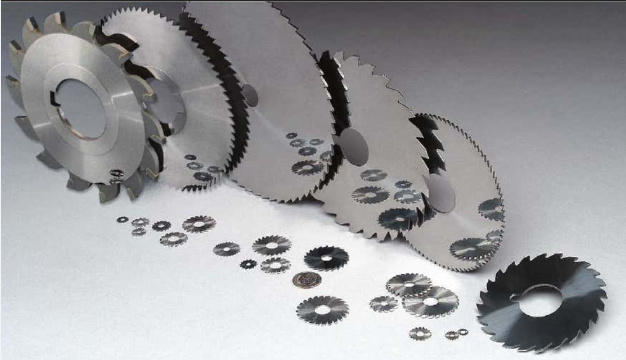
10 Applications That Showcase the Power of Carbide Saw Tips:
- Taming the Timber: Let’s start with the familiar. Carbide saw tips are essential for achieving smooth, precise cuts in all types of wood, from hardwoods like oak and maple to softwoods like pine and fir. Whether you’re ripping boards, crosscutting panels, or crafting intricate joinery, carbide tips deliver the sharpness and durability needed for exceptional results.
- Metal Mastery: Don’t let their association with wood fool you; carbide saw tips are more than capable of handling metal cutting tasks. They excel at slitting, slotting, and cutting various metals, including steel, aluminum, and brass. From sheet metal fabrication to pipe cutting, carbide tips provide the toughness and wear resistance needed to power through these demanding applications.
- Conquering Concrete: Construction professionals rely heavily on carbide saw tips for tackling tough materials like concrete, masonry, and stone. Diamond-tipped blades, often incorporating carbide segments, are used for cutting concrete slabs, paving stones, and even for demolition work.
- Plastic Precision: The world of plastics and composites also benefits from the precision and durability of carbide saw tips. From machining intricate plastic parts to trimming fiberglass and carbon fiber composites, carbide tips ensure clean, accurate cuts with minimal chipping or fraying.
- Smooth Operator on Flooring: Installing laminate flooring or engineered hardwood? Carbide-tipped saw blades are your best friend. They produce exceptionally smooth cuts, minimizing chipping and splintering, which is crucial for achieving a professional-looking finish.
- Fiber Cement Finesse: Fiber cement siding and trim are known for their durability, but they can be tough on cutting tools. Carbide saw tips, however, are up to the challenge, providing clean, accurate cuts that won’t dull prematurely.
- Recycling Revolution: Carbide saw tips play a vital role in the recycling industry, where they’re used to process a wide range of materials, including wood, plastic, and metal. Their ability to withstand heavy use and maintain sharpness makes them ideal for this demanding application.
- Demolition Duty: When it’s time to tear things down, carbide saw tips are often found on the front lines. Demolition saws equipped with carbide-tipped blades can power through concrete, steel, and other tough materials, making short work of even the most challenging demolition projects.
- Underwater Exploration: Even the depths of the ocean aren’t beyond the reach of carbide saw tips. Specialized underwater cutting tools often utilize carbide tips for their durability and resistance to corrosion in harsh marine environments.
- Surgical Precision: Believe it or not, carbide’s exceptional hardness and ability to maintain a fine edge have even found applications in the medical field. Carbide instruments are used in certain surgical procedures, particularly in orthopedic surgery, where precision and sharpness are paramount.
Carbide Saw Tip Properties: A Closer Look
| Feature | Description |
|---|---|
| Material | Tungsten carbide (WC), Cobalt (Co) binder |
| Hardness | 88-92 HRA (Rockwell A Scale) |
| Wear Resistance | Exceptional, significantly higher than steel |
Table 1: Key Properties of Carbide Saw Tips
FAQs: Addressing Your Carbide Saw Tip Queries
1. How do I choose the right carbide grade for my application?
The optimal carbide grade depends on the material being cut, desired cut quality, and cutting conditions. Consult the saw blade or carbide tip manufacturer’s recommendations for guidance.
2. Can I sharpen carbide saw tips myself?
Sharpening carbide requires specialized diamond grinding wheels and equipment. It’s generally recommended to have carbide tips professionally sharpened for optimal results.
3. What are the signs that my carbide saw tips need replacing?
Signs include decreased cutting performance, excessive vibration, chipped or broken tips, and visible wear or rounding of the cutting edges.
4. How do I prevent carbide saw tips from chipping or breaking?
Use the correct saw blade for the material being cut, avoid twisting or bending the blade during operation, ensure the workpiece is securely clamped, and use appropriate cutting fluids if necessary.
5. Where can I purchase high-quality carbide saw tips?
Reputable woodworking and metalworking tool suppliers, as well as specialized carbide tool distributors, are excellent sources for high-quality carbide saw tips. Look for established brands with a proven track record of quality and performance.
Want to buy Carbide Tipped Saw Tips at a good price? Please click here.

